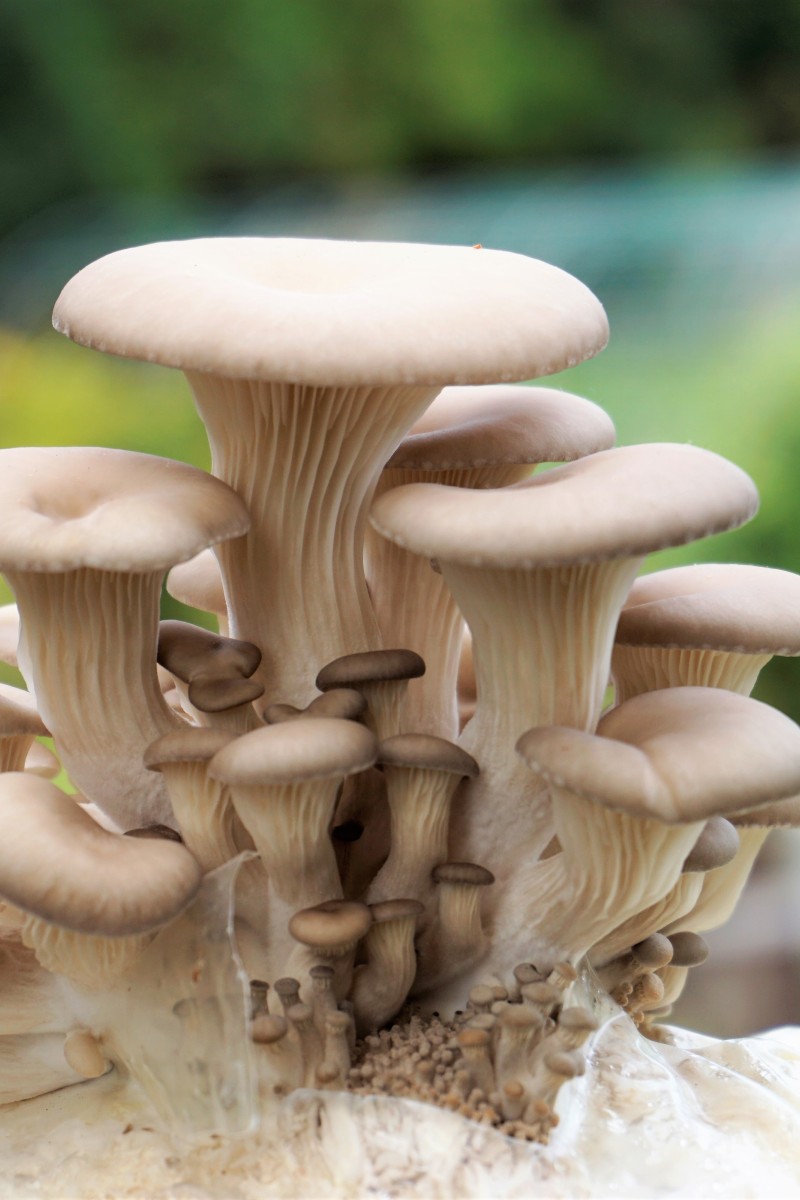
Listen to this article
Processed food waste, woodchips, coffee grounds and other organic waste is put to good use by Trash2Treasure
Kelly Ho |
Published:
Sign up for the YP Teachers Newsletter
Get updates for teachers sent directly to your inbox
By registering, you agree to our T&C and Privacy Policy
Sign up for YP Weekly
Get updates sent directly to your inbox
By registering, you agree to our T&C and Privacy Policy